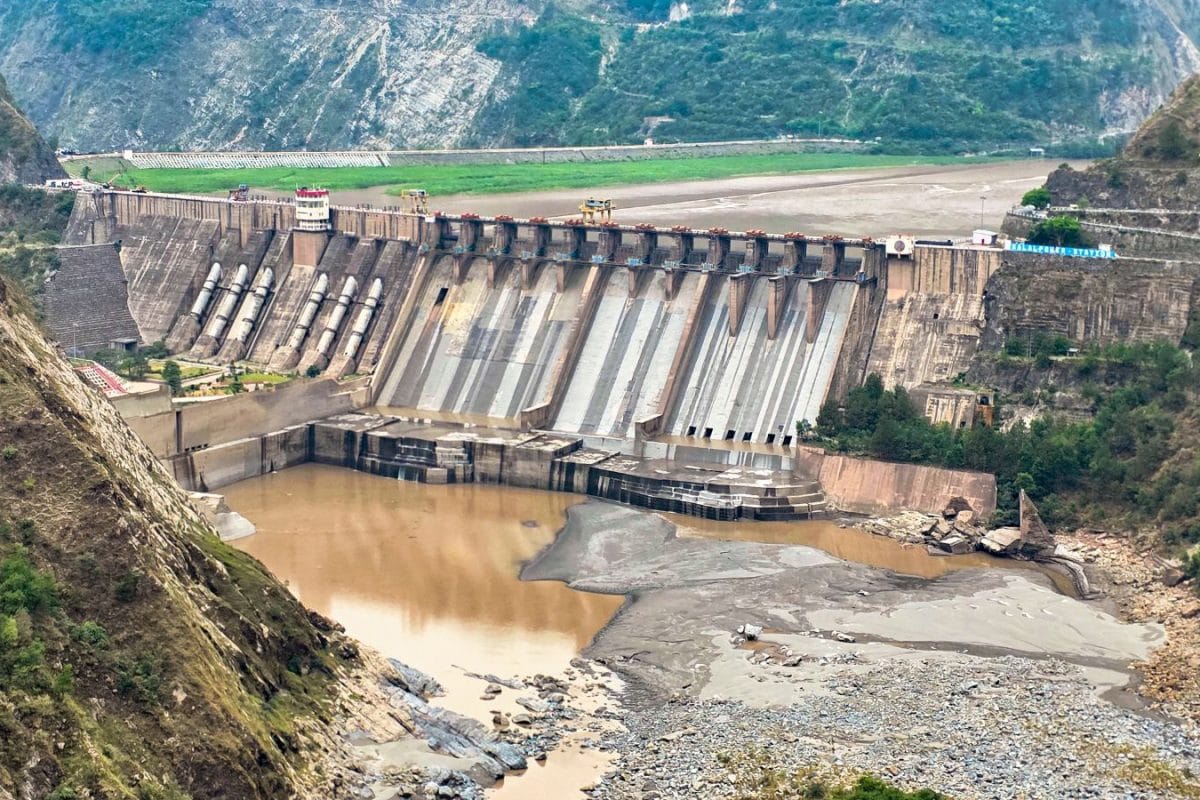

India has firmly stated that the Indus Waters Treaty (IWT) with Pakistan will remain suspended until Islamabad ceases its support for cross-border terrorism. This declaration underscores India's stance that "talks and terror cannot coexist," effectively linking the future of the water-sharing agreement to Pakistan's actions regarding terrorism. The Ministry of External Affairs (MEA) has reiterated this position, emphasizing that any dialogue with Pakistan will also focus on the vacation of illegally occupied Kashmir territories.
The decision to keep the IWT in abeyance was made in response to the deadly terror attack in Pahalgam on April 22, which resulted in the deaths of 26 civilians. This attack prompted India to take decisive measures, including precision strikes on terrorist infrastructures and a reevaluation of its relationship with Pakistan. The MEA has conveyed to a parliamentary committee that India's decision is a natural outcome of Pakistan's disregard for the principles of goodwill and friendship that underpin the treaty.
MEA spokesperson Randhir Jaiswal stated that the IWT was "concluded in the spirit of goodwill and friendship as specified in the preamble of the treaty." However, he noted that "Pakistan has held these principles in abeyance by its promotion of cross-border terrorism for decades." Jaiswal further added that climate change, demographic shifts, and technological changes have created new realities that necessitate a reevaluation of the treaty.
Prime Minister Narendra Modi has also weighed in on the matter, asserting that "water and blood cannot flow together." This statement reflects India's resolve to take a firm stance against terrorism and to use all available means to ensure its national security. Modi has also stated that Pakistan has been feeling the heat of India's suspension of the IWT, signaling that India is willing to use its water resources as leverage in its relationship with Pakistan.
Pakistan, on the other hand, has appealed to India to reconsider its decision, citing the dependence of millions of its citizens on the regulated water supply. However, India has rejected this appeal, maintaining that changed circumstances and Pakistan's actions warrant a reevaluation of the treaty. Sources within the Indian government have stated that the treaty does provide for reconsideration due to changed circumstances and that the threshold has been reached due to Pakistan's use of terrorism as a tool to harm India.
India has also accused Pakistan of stonewalling requests for government-to-government negotiations over the treaty, citing changes in the ground situation since it was signed. These changes include engineering techniques, climate change, and the melting of glaciers. The MEA has stated that there is a compelling case for the treaty to be renegotiated to make it fit for the 21st century.
In the meantime, India has been undertaking flushing and desilting operations at its hydropower projects on the Chenab River, leading to fluctuations in water flow downstream in Pakistan. While India is not obligated to share data on water flow after suspending the treaty, these actions have added to the pressure on Pakistan.
The situation remains tense, with both countries holding firm to their positions. India insists that the IWT will remain in abeyance until Pakistan credibly and irrevocably abjures its support for cross-border terrorism, while Pakistan appeals for reconsideration, citing the potential impact on its population and economy. The future of the IWT and the water-sharing arrangement between the two countries remains uncertain, dependent on Pakistan's actions and willingness to address India's concerns regarding terrorism.